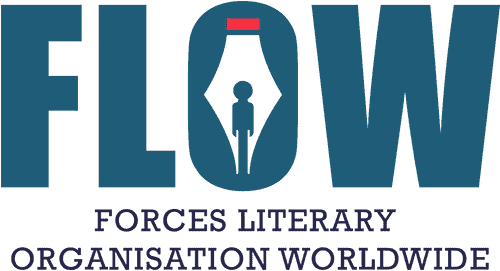Even I was shocked how bad it was. I trudged through the early-summer Ayrshire rain with the school-report. My fourteen year-old spirits lifted on seeing Grandpa Tom’s red Jaguar three-point-four in front of the house.
My mother read in silence. After Grandpa read it, I was sent to my room and did not see him again till four weeks later. The talk with my Dad, that evening, was as bad as expected. I was given supper in my room, and heard the muted voices downstairs. Later, I heard that Grandpa Tom was going to ‘buck my ideas up.’
“Last chance, young man. Consider yourself lucky your Grandpa’s prepared to try, for I have lost patience with you.” I was to stay with him for a month. On the first of July, I dumped my case in the boot of the Jag., and instead of east to Edinburgh, we drove north.
“Where are we going?”
“Young man, you don’t know what you want from life. I’m going to try to change that. You’ve the makings of something, but it’s time you showed us what.”
He took me to Culloden, where Bonnie Prince Charlie saw his men defeated, marking the end of Scottish independence. In the cave on the Wigtonshire coast, he told me of the spider, ever trying to reach that ledge to complete its web. It was this determination which made the watching Robert Bruce try one more time to defeat the English. He did, leading to the formation of the nation-state of Scotland. At Runnymede, where King John signed the Magna Carta, he explained how this was the first step towards today’s Parliamentary Democracy. We went to Dublin, to the Post Office in O’Connel Street, where the Irish rebels faced the British army.
“Look out of the windows. What do you see?”
“Buses, cars and folk going shopping,”
“Look again,” he said. “Can you not see the soldiers in their khaki uniforms staring down the barrels of their Lea Enfields at you? Can you not feel the terror? Can you not feel the pride, the defiance, the determination? The Irish gained their independence, and it started here. You are standing on a spot where history was made; where decisions were taken and deeds were done that changed the lives of thousands, even millions of people.”
We wondered at the why of Stonehenge. Across the North Sea, amid the poppies in Flanders, we listened to the twitter of the descendents of the invisible skylarks to which the young Tommies and Fritzes had listened. He let me feel the fear, the pride and the courage of those young men. Auschwitz frightened me, with the chilling finality of the end of the railway line. We drank the peace of the Airborne Cemetery near Arnhem in Holland, where even the sparrows chirped reverently.
On the way back from Arnhem, I asked about his limp. A retired army Major, he had served in the second war. Earlier, my childish questions about his limp were laughingly answered with, ‘I tripped over a straw and a hen kicked me.’
“Grandpa Tom. What did happen to your leg? Dad said you were at Arnhem.”
“No. I should have been, but tripped over the Naafi cat the night before and broke my bloody leg. The glider I should have been in got shot down and every single one of the lads got killed. If it hadn’t been for that cat, I wouldn’t be here, your Dad wouldn’t have been born, nor would you. History makes the future.
You are living history at this very moment. You’ve got to see yourself as part of it. Everything you do, and everything that happens to you, affects what your future will be, and will also affect the future of many other people. That is what I have been trying to show you the last couple of weeks. Oh, I could have sat you down and given you a man-to-man talk, but I didn’t think it was what you needed. It had to be something more meaningful. This trip was to give you a sense of history. The only thing that remains of history is the ‘where.’ You can read about the ‘when,’ the ‘who,’ the ‘why’ and the ‘how.’ They’re only some-one else’s opinions. Only by visiting the places where it happened, can we touch history.
Going to such places and trying to put yourself in the shoes of those who were there; allowing yourself to feel their emotions and understand what motivated them. That’s when you have not merely reached out and touched history, history will have laid its mighty arm round your shoulder. Live your history. Let’s go home.”

0 Comments